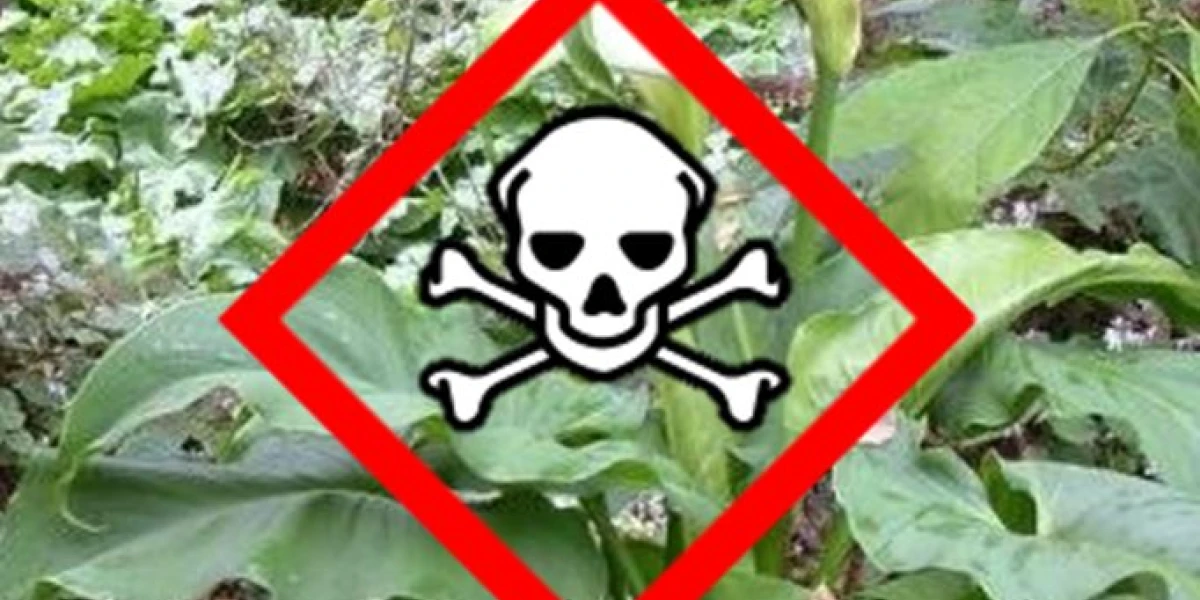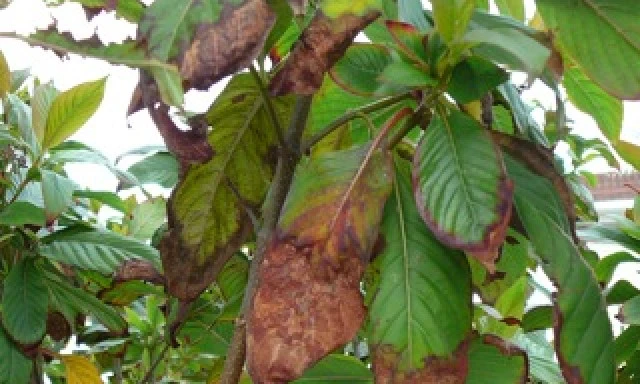Poisonous Plants
Enquiries to the New Zealand National Poisons Centre regarding plants comprise about 10 percent of contacts.
Some common plants in New Zealand are poisonous and contain toxins that can cause illness in people or animals that ingest or contact the plant sap. Some are toxic in the gut causing vomiting and diarrhoea, mouth inflammation, high temperature, confusion, aggressiveness and others.
- Arum lilies contain oxalates that cause a painful inflammatory condition of the mouth.
- Foxgloves contain digitalis that affects the heart.
- Deadly nightshade, Belladonna lily (Amarylis) and some cannabis contain atropine-like compounds that cause pupil dilation, blurred vision and confusion.
- Bittersweet is a vine in the nightshade family and its attractive berries are poisonous.
- Hemlocks (poison hemlock and water hemlock) contains cicutoxin which can cause seizures.
- Laburnum contains cytisine and causes sleepiness, vomiting, diarrhoea and convulsions.
- Lantana contains pentacyclic triterpenoids which cause photosensitivity in animals that ingest it.
- Privet species contain a mild toxin that can cause nausea, headache, low body temperature and blood pressure.
- Potato leaves and stems (and tubers when green) contain glycoalkaloids which cause symptoms similar to those of nightshade.
- Parsley dropwort is reported to be poisonous to animals in pasture and they will not feed on it.
- Moth Plant is poisonous and causes skin irritation.
- Tutu is a New Zealand native contain tutin which can cause vomiting, giddiness, delirium, great excitement, convulsions and coma. Bees feeding on honeydew from sap-sucking insects on tutu can produce toxic honey.
- Angel's Trumpet (Datura and Brugmansia) belong to the Solanaceae family as do nightshades, they contain atropine-like compounds that cause pupil dilation, blurred vision and confusion.
More information and factsheets on New Zealand poisonous plants can be found here.
Thankfully serious harm to people for these poisonous plants is rare. But if you have any concerns you should contact the National Poisons Centre on their 24-hour telephone number: (03) 474-7000.
David Brittain
Kiwicare


